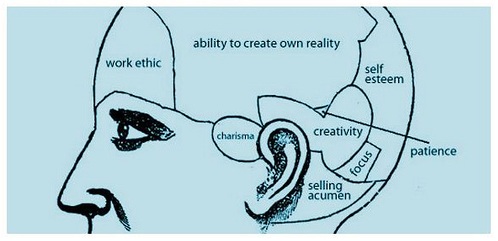Study on the entrepreneurship intention of nascent entrepreneurs

New companies are creators of new jobs; therefore, entrepreneurship is considered an important economic force (Davidsson, 1995). In this sense, researchers have been interested in the identification of factors predicting business start-up’ success (such as intentions, opportunities, personal traits, economic growth, cultural values, prior knowledge, etc); and have developed models to explain these factors and their influence on entrepreneurship behaviours.
However, most of the empirical research on entrepreneurship intention has relied on data collected exclusively from samples of university students; and few studies have included nascent entrepreneurs. Consequently, there is still some controversy on the outlined factors predicting entrepreneurship intentions (McGee et al. 2009).
Some rights reserved by thecrispone
A recent research work (Riverola 2012) at La Salle Innova Institute analyzes entrepreneurship intentions through a sample based on 459 nascent entrepreneurs. In particular, the research uses an intention-based model (adapted from Ajzen’s (1991) Theory of Planned Behaviour) as the framework to empirically analyse the sample.
Riverola (2012) found support on four out of the five hypotheses proposed. In particular, she found a positive relationship between Personal Attitude, Perceived Behavioural Control and Entrepreneurial Intention in nascent entrepreneurs. Nevertheless, the study couldn’t find support for the hypotheses that Social Norm influences Entrepreneurial Intention.
In addition, Riverola (2012) found that personal traits also play an important role in the study of entrepreneurship intentions. More precisely, her research captured data from respondents in different aging stages what provides some relevant differences among them. Furthermore, the personal traits captured (sex, education and ‘experience’) also help to understand some differences on the patterns or relationships between the constructs among the groups.

Add new comment